MSc in Environmental Health
The MSc in Environmental Health relies upon an integrated, interdisciplinary curriculum taught by distinguished academics in public health / environmental science. It involves coursework in the biological sciences, in exposure assessment and environmental sciences, in the quantitative sciences, and in policy, law, and regulation.
Environmental Health is a fascinating, interdisciplinary field which seeks to understand the effects of human exposure to contaminants in the community, home, and workplace and to use this knowledge to improve public health. Environmental health specialists need to understand the sources of pollution; the physical and chemical processes which govern their fate and transport; the biological processes which dictate their intake, uptake, metabolism, elimination, and toxicity; and the approaches for sampling, analysis, measurement, and modelling of ambient concentrations, human exposures, and biologically-relevant doses. These professionals must also be familiar with the principles of biostatistics, epidemiology, toxicology, and risk assessment in order to quantify risks and to characterize the state of knowledge and uncertainty underlying these estimates. Finally, they must understand the central concepts of economics, decision analysis, and administrative law in order to value health impacts, to assess the consequences of various strategies for reducing human exposures, and to design effective policies and regulations.
The MSc in Environmental Health consists of 100 ECTS. The duration of the program is sixteen months, involving eleven months of coursework in residence and a practicum which can be completed in absentia. The experience at CII culminates in a practicum, in which each student integrates and applies knowledge from the above courses to analyze a problem in environmental decision making or regulation. The practicum not only provides experience in quantitative analysis, but also gives our graduates experience in writing scientific manuscripts and in preparing and presenting scientific talks.
The MSc is taught entirely in English. Applicants whom English is a second language are required to submit evidence of English proficiency.
Please click here to view the full Prospectus of MSc in Environmental Health.
Application forms and instructions for completing these forms are available here. The application form is self-explanatory and asks for: (i) information about educational background; (ii) information about work experience; (iii) a statement of interest; (iv) the names, positions, and contact information of three individuals who can provide letters of reference; and (v) evidence of English proficiency (IELTS score of 6.5 or more; TOEFL of 82 or better).




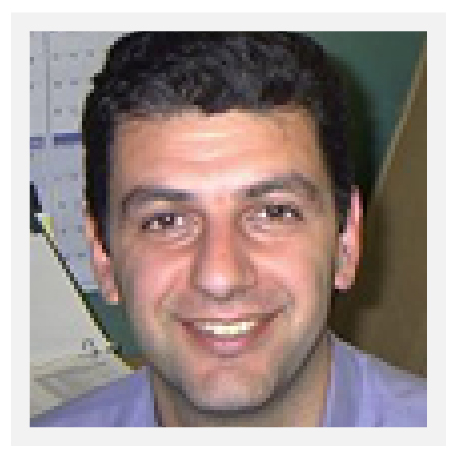
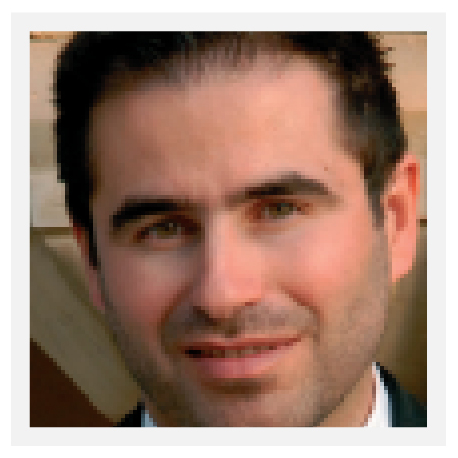



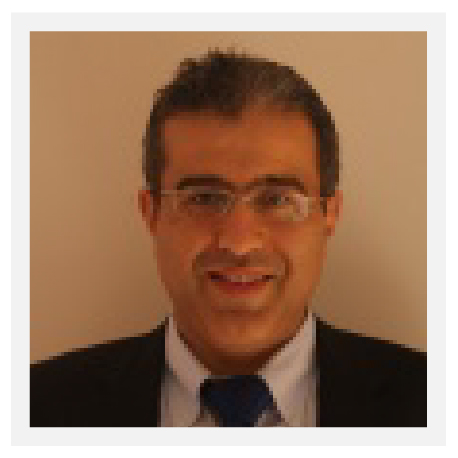
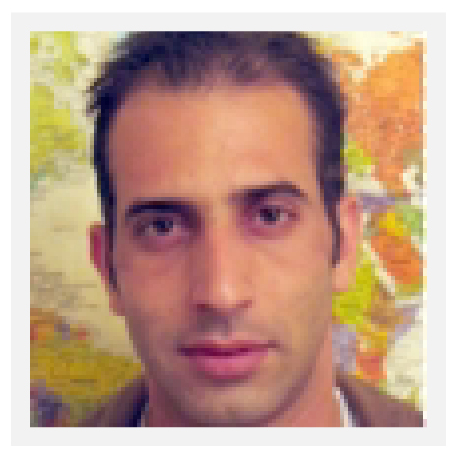


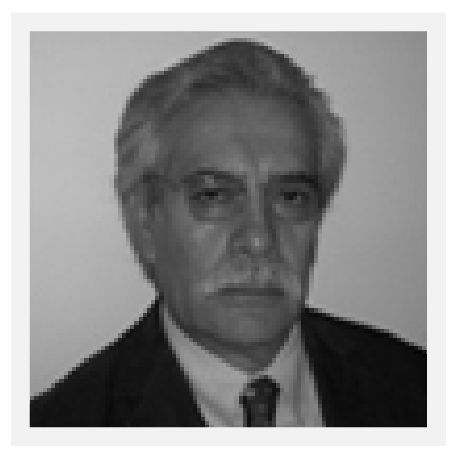


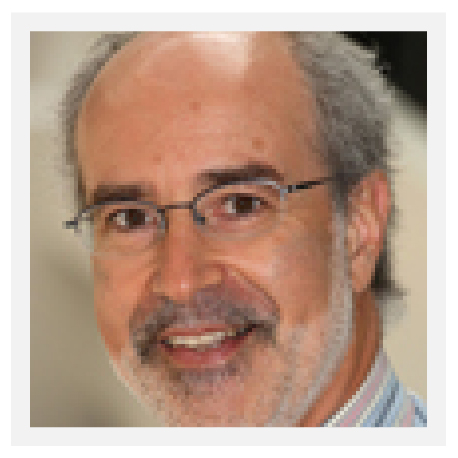


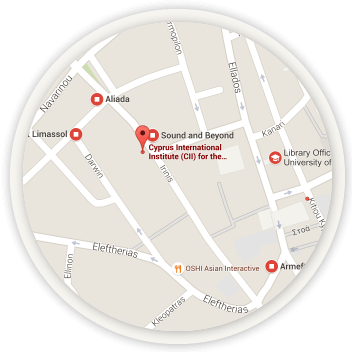
"The stellar instruction by leading experts from a wide variety of fields, coupled with a highly motivated and diverse student body, created one of the most enriching experiences of my life to date. In short, I am tremendously grateful to CII and give the Institute and the program my highest recommendation!"
-Pauley Tedoff / doing a PhD at McGill University